Tick bites can be harmless, or they can infect you with diseases like Lyme disease or spotted fever.
Even though not all ticks carry infection, it’s best to try to prevent tick bites or to find them early. You would be best advised to take preventive action all year long with the one-two punch for Shrewsbury tick control.
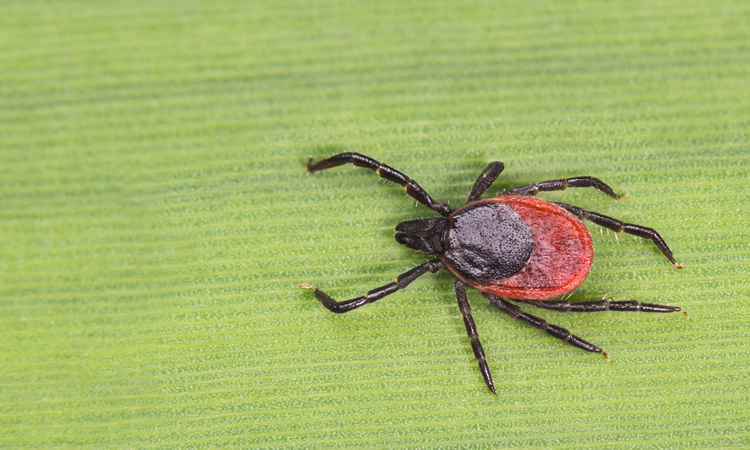
Many of us may have thought they die off in the winter after the first hard frost. Unfortunately, they do not. The adult black-legged deer tick, which spreads Lyme disease begins its prime feeding activity just about the time of the first freeze. The reason being is that their main host animals are deer and deer are actively moving around in the fall. If deer aren’t around, black-legged ticks will attach to people or pets anytime the weather starts getting warmer.
Exactly What Are Ticks?
Ticks are parasites that feed on warm-blooded hosts by biting them. A tick bite can infect humans and animals with bacteria, viruses and protozoans (organisms made up of one cell) that can cause diseases.
Some of these tick-borne illnesses can be very serious and may include:
- Lyme disease
- Tularemia
- Ehrlichiosis
- Rocky Mountain spotted fever
- Anaplasmosis
- Babesiosis
Other conditions spread by ticks include:
- Colorado tick fever
- Powassan virus
- Southern tick-associated rash illness (STARI)
- Tick paralysis
- Spotted fever
- Relapsing fever
- Heartland virus
Also read: How can I protect my dog from Lyme disease?
Why Are Ticks Such A Problem In Shrewsbury?
The biggest reason? They are so small. Ticks are typically small and difficult to see until they have been attached for some time. They feed on your blood and become larger and easier to see.
Tick species most commonly found here include:
- American Dog Tick: This varmint will attach to animals including dogs, cattle, deer, raccoons and humans if given the chance.
- Brown Dog Tick: These invasive pests usually attach to dogs, occasionally feeding on people and domestic cats.
- Black Legged Deer Ticks: These harbingers of dread attach primarily on deer, cattle and other large animals and people. Deer Ticks are carriers of Lyme Disease transmitting it through bites. And if for no other reason than this alone, Shrewsbury tick control is an extremely smart way to protect yourself and your property.
Also read: Can you get Lyme disease in the winter?


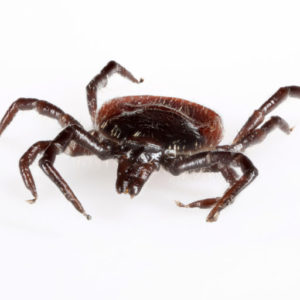
 Enlist help from a reputable tick control company, you’ll have access to year-round protection for ticks. And, if you’re not aware, ticks are definitely a year-round problem in our area. The brown dog tick is able to complete its entire life cycle indoors. f this tick gets into your home during the summer or fall, you could have a full-blown infestation in the winter. It’s good to know that expert help is just a call away. Ticks can also enter your home during the colder months of the year by hitching a ride on rodents. Mice and rats carry ticks and spread them to unexpected locations.
Enlist help from a reputable tick control company, you’ll have access to year-round protection for ticks. And, if you’re not aware, ticks are definitely a year-round problem in our area. The brown dog tick is able to complete its entire life cycle indoors. f this tick gets into your home during the summer or fall, you could have a full-blown infestation in the winter. It’s good to know that expert help is just a call away. Ticks can also enter your home during the colder months of the year by hitching a ride on rodents. Mice and rats carry ticks and spread them to unexpected locations. 

 Having your backyard and surrounding property professionally treated with professional
Having your backyard and surrounding property professionally treated with professional 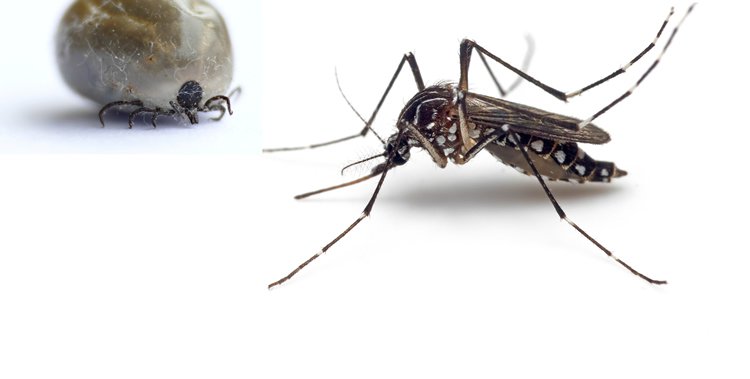
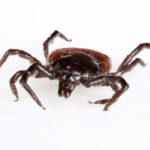




 When camping, ticks dry up easily so they prefer shady, wet areas. While you might also prefer some shade over your tent, you’ll be able to avoid ticks better if you set up camp in a sunny area. They also like to hide in tall grass or piles of leaves, so pitching your tent in a cleared area will prevent ticks.
When camping, ticks dry up easily so they prefer shady, wet areas. While you might also prefer some shade over your tent, you’ll be able to avoid ticks better if you set up camp in a sunny area. They also like to hide in tall grass or piles of leaves, so pitching your tent in a cleared area will prevent ticks.
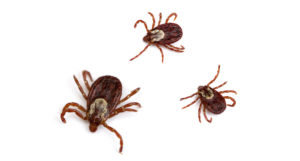 Local tick experts report that 2021 was even worse than 2022 for exploding tick populations. There were more dog ticks in Maine in 2021 than had ever been reported. There is no doubt that fire will work to this farmer’s benefit. It will most assuredly kill ticks. One expert says that Elizabeth’s effort to eradicate ticks in her field will be successful specifically for dog ticks. This is because dog ticks can predominantly be found in flat fields. However, for our friend the deer tick, that lives typically in woodland areas, the fire might not be as successful.
Local tick experts report that 2021 was even worse than 2022 for exploding tick populations. There were more dog ticks in Maine in 2021 than had ever been reported. There is no doubt that fire will work to this farmer’s benefit. It will most assuredly kill ticks. One expert says that Elizabeth’s effort to eradicate ticks in her field will be successful specifically for dog ticks. This is because dog ticks can predominantly be found in flat fields. However, for our friend the deer tick, that lives typically in woodland areas, the fire might not be as successful.
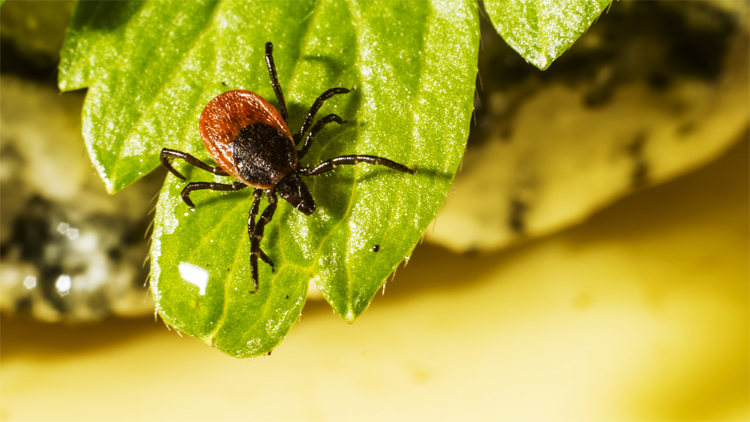




 Due to warmer winters in Massachusetts, ticks can and do quest even during the winter months. It is possible to be bitten by a tick in the fall and winter, and we should be concerned with ample protection during those months. Fortunately, reputable tick control professionals offer ‘out-of-season‘ methods of tick protection by way of
Due to warmer winters in Massachusetts, ticks can and do quest even during the winter months. It is possible to be bitten by a tick in the fall and winter, and we should be concerned with ample protection during those months. Fortunately, reputable tick control professionals offer ‘out-of-season‘ methods of tick protection by way of 
